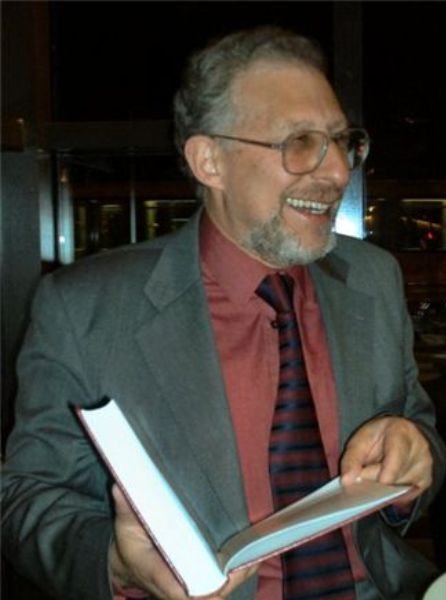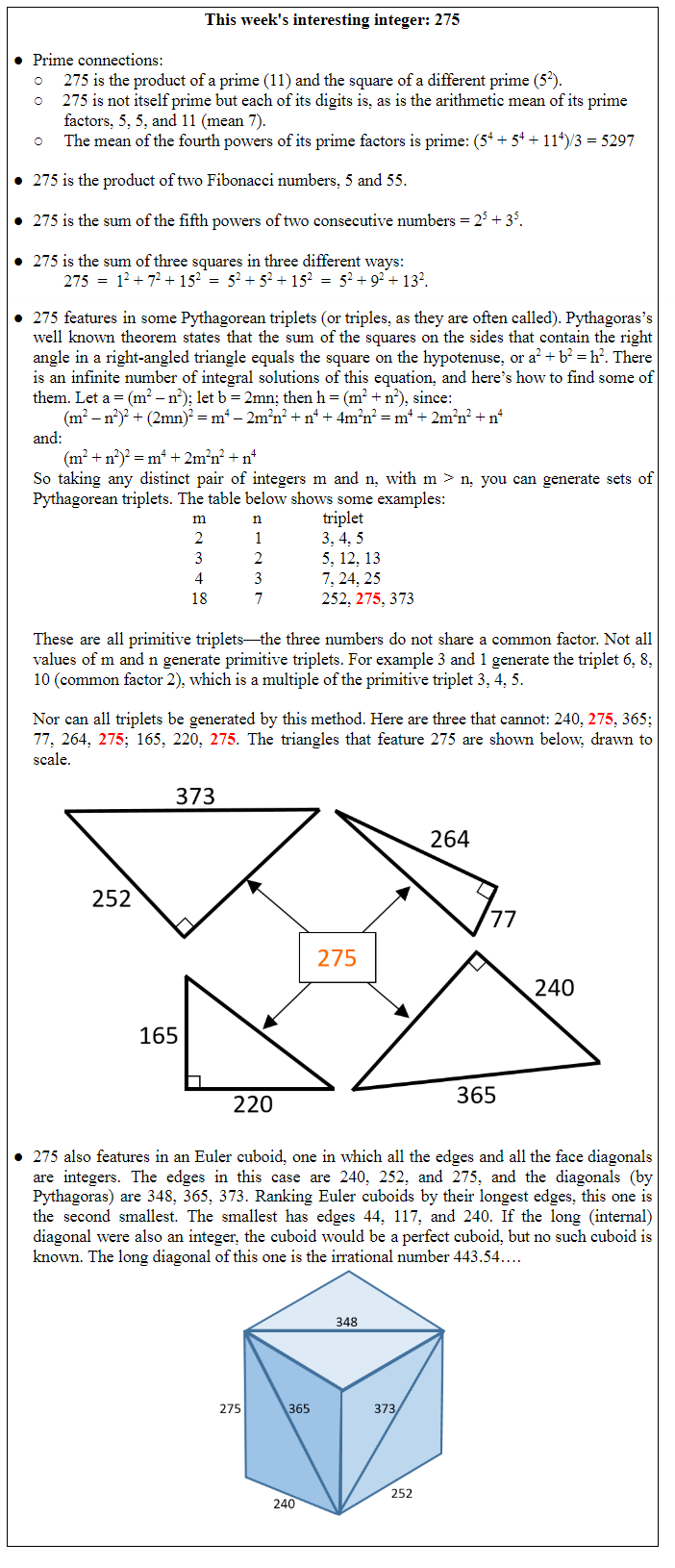 Evidently, we have a problem. The introduction of evidence based medicine in the early 1990s brought rigour to the use of evidence in guiding therapeutic practices. Its principles have become widely known and largely appreciated. Now, however, in the face of a mindless virus, we have become mindless. The principles are being neglected.
Evidently, we have a problem. The introduction of evidence based medicine in the early 1990s brought rigour to the use of evidence in guiding therapeutic practices. Its principles have become widely known and largely appreciated. Now, however, in the face of a mindless virus, we have become mindless. The principles are being neglected.
Instead of looking for strong hypotheses and testing them, researchers are positing weak hypotheses and trying to prove them. Instead of well designed trials, poorly designed trials are being registered everywhere. The outcomes of trials are being touted in press releases and in non-peer reviewed publications, instead of being made properly available in peer reviewed form with complete data. Trials are being terminated prematurely before clear outcomes have occurred. Adverse events in trials are being poorly reported or not at all. Prespecified endpoints are being changed without explanation and other endpoints are being reported instead. Use of drugs is being authorized on the slimmest of evidence. Mortality, the most important endpoint, is being widely ignored in favour of endpoints such as duration of illness.
Of course, we all want to find effective treatments for those currently affected. But poor quality trials not only waste resources; they risk the introduction of treatments that are ineffective or poorly effective, with unknown harms. They are also unethical, despite the urgency. Those who succumb to a second wave of infection will have been poorly served.
Every trial should start with as strong a hypothesis as possible. But how can we know that a hypothesis is strong? Evidence dealing with the mechanistic features of a hypothesis on which reasoning is based strengthens its falsifiability. So here is one set of criteria for grading the strength or weakness of a hypothesis, based on mechanistic reasoning and the evidence that supports it:
- The mechanism that underpins the hypothesis should be well established a priori. Ideally, it should have been demonstrated in vitro in different types of relevant cells/tissues/organs, and in different species, if animal tissues are being used. A mechanism that exists in one species and not another is unlikely to be helpful, especially when the physiology of a system in an experimental animal differs markedly from the target system in humans.
- It should be demonstrated in intact animals, again across species.
- Such demonstrations should include evidence that the relevant mechanism exists in the animal being tested, and that enhancing it, inhibiting it, or abolishing it leads to measurable outcomes consistent with the proposed mechanism.
- Such demonstrations should involve different ways of doing this (e.g. different agonists and antagonists, genetic knock-outs), and dose responsiveness should be demonstrated at concentrations that plausibly could occur in vivo.
A mechanism that satisfies these conditions can be regarded as strong, or at least strongish, depending on the extent to which the criteria are fulfilled. Evidence from human studies provides further strength. However, since no mechanism exists in isolation, detailing its interactions with other mechanisms that are likely to affect it will strengthen it further:
- Demonstrating the anatomical features of the mechanism, Where does it act and do strategic lesions at sites of action cause predictable changes?
- Demonstrating the temporal features of the mechanism. What is its time course? Does it change in response to interventions such as upregulation or downregulation?
- Do genetic polymorphisms, physiological variables, diseases, and drug interactions alter it predictably?
- When it changes under any of these conditions, is dose-responsiveness maintained?
These criteria suggest a method of prioritizing one hypothesis over another when urgent treatments are needed. Not all of the features will be known before a hypothesis is tested in a clinical trial, but if they are not they should form parallel parts of the investigation.
There is currently an influx of reports that claim at best minor effects of a range of interventions supported by weak hypotheses, ending with calls for more studies. It would have been better in several cases if they had never been studied in the first place.
Jeffrey Aronson is a clinical pharmacologist, working in the Centre for Evidence Based Medicine in Oxford’s Nuffield Department of Primary Care Health Sciences. He is also president emeritus of the British Pharmacological Society.
Competing interests: None declared.

